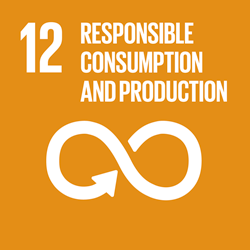Technological watch
The Role of Micro-Irrigation Systems in Date Palm Production and Quality: Implications for Sustainable Investment
This research examines the role of micro-irrigation systems, i.e., sprinkler and drip irrigation, on date palm production and quality in a semi-arid region. The field experiment was carried out for two successful seasons at a private farm, in the Al-Nubaria region of Egypt. The date palm was planted under pressurized irrigation (drip irrigation and mini-sprinkler irrigation) to investigate the effect of both irrigation systems and three water treatments (100, 80, and 60% from ETc) on the yield and quality of date palms. Results on the productivity of date palm yields showed that the yield of date palm under a drip-irrigation system with 80% of crop water demand was an equal match to the yield of the sprinkler-irrigated date palm with 100% of crop water demand. This reflects the high efficiency of the drip irrigation system compared to the sprinkler irrigation system in date palms, especially in the semi-arid region. The results showed a significant increase in productivity by increasing water applied from 60% up to 80 and 100%. Quality attributes of date palm (particularly, sucrose, purity, and extractable sugar %) have a rise with increasing water deficit. The results have numerous implications, especially for sustainable investment in date palms. Implications for three aspects of sustainable investment, economic, social, and environmental, are discussed.
Publication date: 26/11/2022
Author: Hesham S. Ghazzawy
Reference: doi: 10.3390/agriculture12122018






